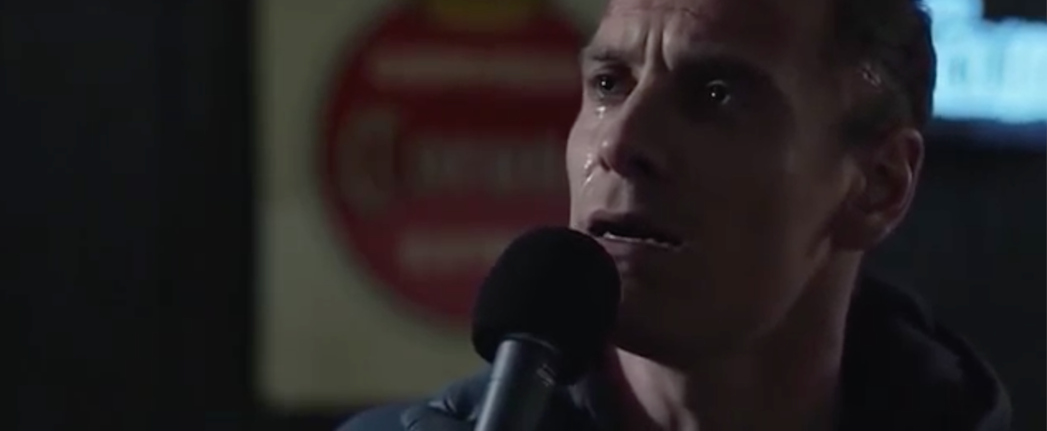You have just read a blog post written by Jason McIntosh.
If you wish, you can visit the rest of the blog, or subscribe to it via RSS. You can also find Jason on Twitter, or send him an email.
Thank you kindly for your time and attention today.

Like others beyond number, I learned midday yesterday that Leonard Nimoy had died. I had a little more work to do that day but I did it slowly and poorly; I felt wrecked emotionally. Though cognizant of the unhealthy relationship with celebrity where fans can’t help but assume familiarity with famous people due to their spending so much time with their broadcast images, I unavoidably felt as if I had lost a distant but still beloved uncle.
While I grew up watching the original series reruns, and eagerly followed along with Next Generation in high school and college, Star Trek and the Trek mythos never held a central position in my life. But I have always recognized their primacy in the greater culture I choose to belong to, and the grief I experienced and shared yesterday came transmitted through these cultural ties, with the internet as its substrate. I would scroll through the #VulcanSalute or #LLAP hashtags, see all the raw love in the fan tributes in text and images, and just cry freely.
The photograph from this collection that affected me most, the single one I chose to favorite so I might see it again later and remember how I felt that day, depicted an iconic image of Nimoy-as-Spock holding up his hand in the Vulcan salute, displayed on a PC’s screen. The fan who took the photograph had pressed her own hand up to the glass of her display, against the image of Spock’s hand, mirroring its gesture and recalling the unforgettable scene between Kirk and Spock at the end of The Wrath of Khan. Even now I type this with difficulty, through tears.
I thought back to how I felt when Steve Jobs died in 2011, and found both the circumstances and my response quite similar, including the element of surprise and slight confusion as to why I felt so distraught. Yesterday, while I could speak truthfully about my deep admiration for Nimoy’s post-Trek career — retaining his love for Spock but not limiting himself to it — and handwave about a shared Boston birth-connection, I could not claim to have actually known him like family. And four years ago, why would I cry over the death of a super-wealthy computer maker, who by all accounts was a bit of an asshole, as if I had suffered a personal loss?
Now that it’s happened to me twice, I understand it better now. In both cases, the culture, whether Trek culture or Apple culture, both felt the loss of a living icon as an existential injury to itself. Like blood cells rushing to clot an open wound, there’s nothing for members of a culture to do in this case but turn to each other and embrace, to remind ourselves we still live for something important, and to reinforce the ways we will continue to choose to have our identities overlap, even after a catalyzing leader has left us.
Depictions I’ve recently seen of how the American public reacted with overwhelming and spontaneous emotion to Kennedy’s assassination — ordinary people breaking down in their offices and on the streets — make more sense to me now, and seem much more believable and sympathetic than they used to. And I also feel less mystified at how I didn’t feel this sort of grief at all with the death of my father two years ago. I think I would have, had I closer relationship with my family. But I don’t, so none of this desperately human coming-together happened, on any scale. I felt the loss, sure, and I moved through it in my own way, but it didn’t feel anything like I did with these incidents.
Before bed last night I watched the film Frank, and it ends (not to give too much away) with an avant-garde rock band who had recently lost a key member reuniting around an improvised song called “I Love You All”, sung by one character as a sort of speech-transcending emotional release while tears stream down his face. And I cried seeing this too, and I’m crying again writing about it, and I recognize better now that the singer’s tears and mine and all the ones from across the internet yesterday all come from the same place, towards the same ends.
To share a response that links to this page from somewhere else on the web, paste its URL here.